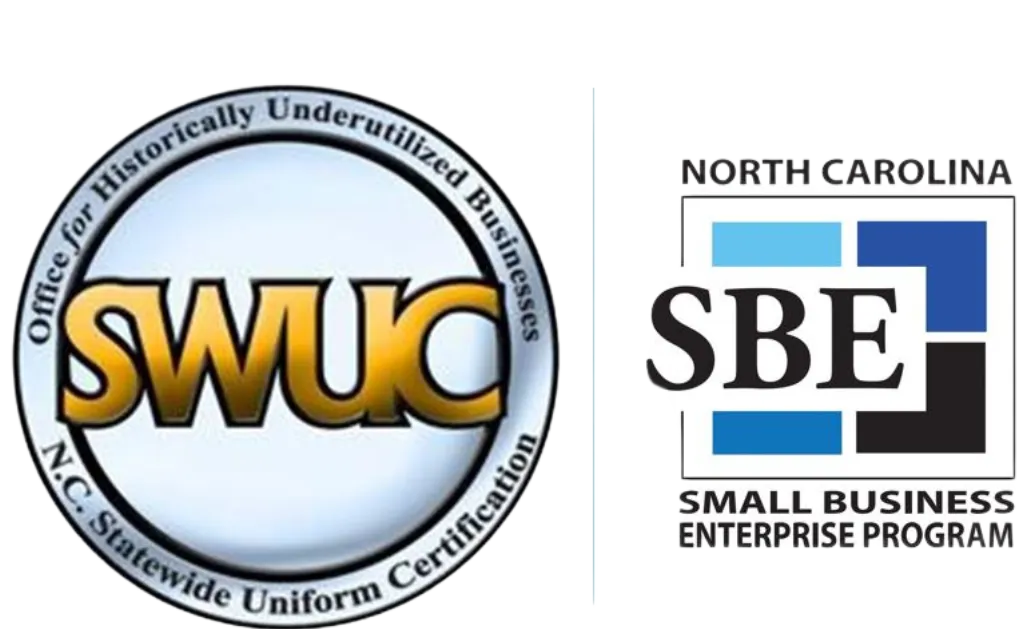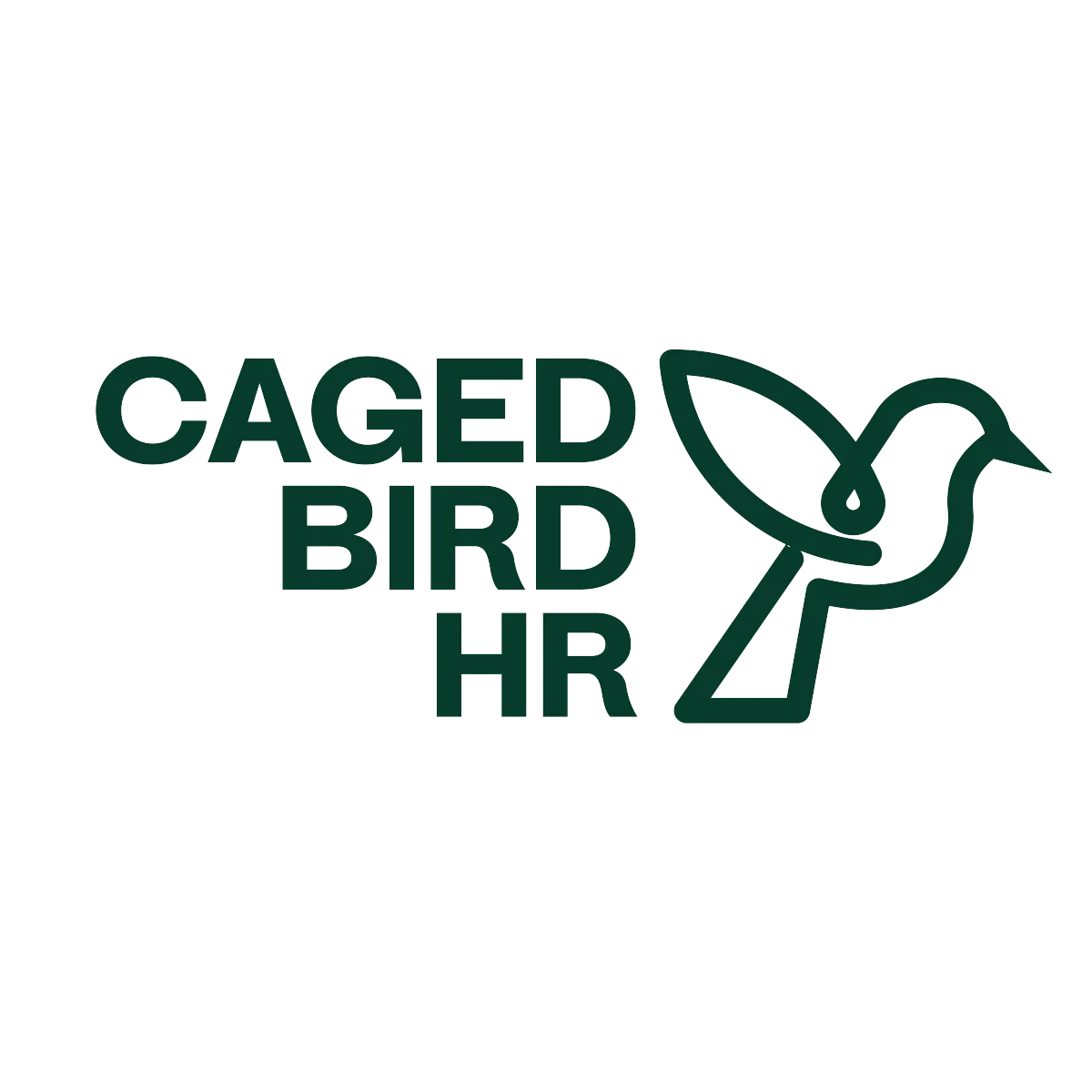Blogs

A Guide To CYA At Work
“You are responsible to yourself, to love yourself, to care for yourself, and to help yourself.”
― Akiroq Brost
Introduction:
Have you felt it? That sense of dread before heading off to or logging in for work. Or do you feel like are going off to war instead of your place of employment every morning? CHARGE!!! Well, you are not alone. I think it is safe to say that the behaviors, treatment, and frustration of the work environment have been brewing for years. And, sadly, it has been insidiously and widely accepted and justified as professional or “normal” work behavior.
Documenting your experiences at work is absolutely critical to getting accountability for how you are treated in the workplace.

With that said, here are the 5 W's to documenting your experiences at work ! 👊
The world of work has seen a plethora of changes at what feels like the speed of sound over the past several years. From adjusting to working from home versus brick-and-mortar work environments, zoom calls, and protecting your health at an extreme level due to the rampant and ever-evolving COVID-19 virus, fear, loss, anxiety, isolation…. madness, our global society has been THROUGH IT. Add to these adaptability Olympics the era of BIPOC Awareness and Wokeness sparked in part by the tragic passing of George Floyd, it would be hubris to believe that there isn’t a weighty impact from all of this in our work environments.
The uptick in work hostilities, quiet quitting, quiet firing, passive aggressiveness, miscommunication, and burnout are fringe benefits of rampant and rapid social change that have made work feel like an institution of ill-repute. In fact, research shows that 1 in 5 employees states that the workplace is unwelcoming or hostile. An in-depth study of 3,066 U.S. workers by the Rand Corp., Harvard Medical School and the University of California, Los Angeles found the following statistics:
Nearly one in five workers — a share the study calls “disturbingly high” — say they face a hostile or threatening environment at work, which can include sexual harassment and bullying. Workers who have to face customers endure a disproportionate share of abuse.
· Nearly 55 percent say they face “unpleasant and potentially hazardous” conditions.
· Nearly three-quarters say they spend at least a fourth of their time on the job in “intense or repetitive physical” labor. “I was surprised at how physically demanding jobs were,” says lead author Nicole Maestas, a Harvard Medical School economist.
· Telecommuting is rare: 78 percent say they are required to be present in their workplace during working hours.
· Only 38 percent say their jobs offer good prospects for advancement. And the older they get, the less optimistic they become.
· About half say they work on their own time to meet the demands of their job.
Imagine! These statistics were taken in 2017. Multiply the factors previously discussed and it is clear why it can be difficult for employees to feel empowered or practice self-agency or simply forget that they have options when they feel mistreated, unsafe and unsupported in a workspace. However, employees do have options. It starts with DOCUMENTATION! Yes, you heard that correctly. We know, we know, tracking your work experience doesn’t sound sexy. But I can tell you, it is even less sexy when you have no recourse regarding bad treatment at work. Let’s discuss Covering Your A** commonly known as CYA.
Who are you documenting for? You! You are the main character of this story! You are taking back your power. You deserve fair, equitable treatment at work. You are not a doormat. You have options, and you can use them…once you know what they are. You are also documenting to have a record to provide to Human Resources or if need an attorney.
What are you documenting? Any incidents of concern you have experienced in your place of employment! Anything from microaggressions, blatant disrespect, and even things that make you question yourself. Let's be real how many times a day do we ask ourselves, "were they being racist?" It can feel like you have invisible handcuffs that have been placed on your wrist by work institutions for bad treatment. Put pen to paper. It is also hard to recall such incidents when we need to, especially when the events are far apart. It's no different from keeping track of your achievements at work. When it comes time for your performance review you can just look back at your list and quickly remember all you’ve done. The concept is the same for interpersonal interactions at work.
Why should I document? Record keeping is paramount. Documented experiences provide some sense of self-validation when you are amid work turmoil and feel like you are losing your mind. Doing this also allows noticing if there are trends in that workplace that no longer align with your work ethos. Keeping track of incidents also provides you with a record that you can share with Human Resources should you decide to act using the rules provided in your employee handbook.
When do you start documenting? The MOMENT you have a work experience that does not sit well with you or lingers in your mind in a negative way. Many employees wait too late before documenting and many things get lost or jumbled over time. If it turns out to be a one-off incident, then great! However, don’t miss the opportunity to keep timely records of your experiences.
How do you document? Honestly, there is no right or wrong way to do this. However, it is not recommended that you house this documentation on any work computer or database. Should things escalate and you no longer have access to your work tools, you will also lose access to your records. This is not ideal. Of course, at a minimum the date of the incident should be included along with details of the incident and the employee (s) involved. There should be enough information for a reader to synthesize what you have written.
Get Help
Caged Bird HR is an employee first HR services provider and the first HR services company to provide all employees with access to independent HR support. If you need HR support, please book time with a Caged Bird HR Consultant here.
Follow us on social media
Instagram | Linkedin | Tiktok | Twitter
Start your own documentation checklist:
Here is a quick checklist to get you started with you website blow. Remember imperfect action beats inaction, get started and keep publishing.
Who perpetuated the harm?
Who was a witness?
When did it happen?
How did it make you feel?
How did it impact your ability to perform the duties of your job?
What is your preferred outcome?
What would you like HR to do about it?
Why is this behavior problematic?
Has anything similar happened to anyone else?
Book time with your Caged Bird HR consultant to Review if you need more support.

Better Work, Better Life
Support@cagedbirdhr.com

Copyright 2024 Caged Bird HR®. All Rights Reserved

